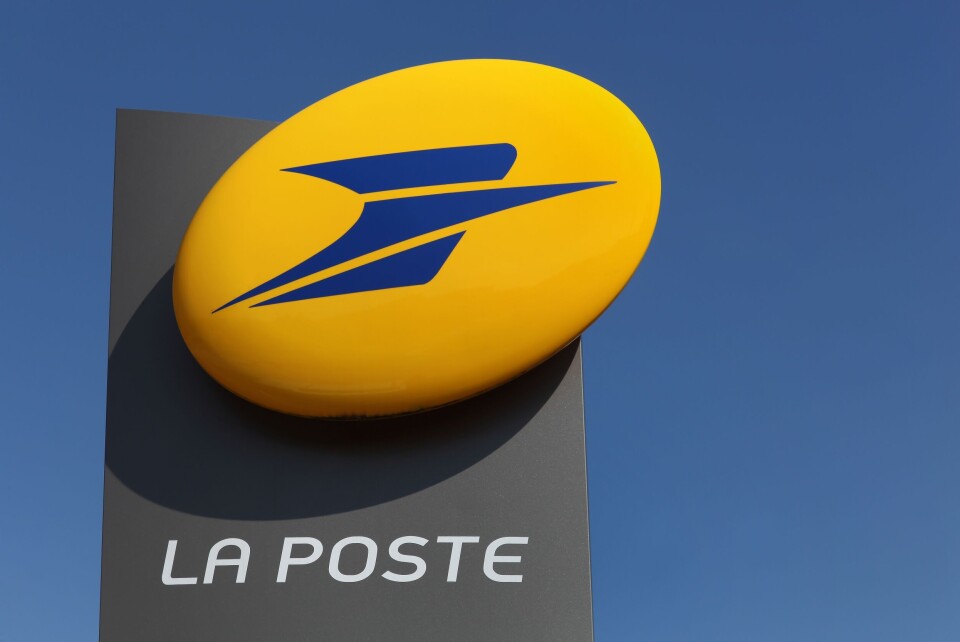-
New cyberattack hits La Poste parcel and banking service
Many services were unavailable for much of New Year’s Day. Personal data is reported to be safe
-
Readers report high customs charges on gifts sent to France
The cost of receiving gifts is sometimes higher than their value
-
What to do if Christmas parcels in France arrive late or damaged?
There are various routes to follow dependent upon the issue
How to fill out French customs form online for packages sent abroad
Connexion readers have noticed that the process cannot be completed in person at many local post offices, but is available on the La Poste website

Connexion readers have observed that it is often not possible to post parcels abroad at smaller local post offices, but that there is a solution to this issue online.
David Covell, who lives near Pézenas (Hérault), said: “I ended up driving 30km in total to get to a main post office so I could complete a customs form for a 1kg parcel” after visiting two local branches which were not equipped to carry out this formality.
However he added: “I have now learnt from friends that you can do all this online at the La Poste website and just print four copies before taking it to the local post office,” Mr Covell added.
Susanne Williams also said: “I send lots of packages for my business. Only the bigger towns or village post offices have the capacity to do the customs declarations on site. “Usually if you do the douanes form online yourself and print your labels off then they can finalise the process at smaller venues.”
Other readers have also discovered this method. Anne Clarke, who lives in Côtes-d’Armor, said: “Last year I wanted to send a small package to my brother in the UK. I took it to our local post office in the village and they told me that they could not send it and instead they gave me a leaflet with instructions on how to print off the customs form.
“It was not straightforward; sadly we have now decided not to post parcels abroad because of all the hassle!”
Sharon Starr said that she “could not find the douane documents anywhere on the La Poste website.”
However, a reader called Cynthia Farenden pointed out that the form can be found by typing La Poste CN23 into Google, which will take you to a dedicated La Poste page written in English.
Click the box entitled ‘Fill in my customs declaration’ and you will be taken through various steps asking you to detail the nature of your parcel, describing the contents, weight, value etc.
You then enter your address and then the address of the person to whom you are sending the parcel.
A completed form will be generated once you have answered all the questions. If you cannot print it off at home, you can normally do so at the post office.
Another solution is to pay online for international parcel postage via La Poste’s Colissimo or fast Chronopost services, in which case all the relevant forms will also be available to be printed off at the end of the process. You can then complete them and take them into the post office where they will stick on the labels in the right places and take delivery.
Complete the form on the right-hand side of this page for various options or see here for Chronopost.
What are the rules for sending parcels abroad?
No customs charges or import VAT is levied when parcels are sent from one EU country to another.
For parcels sent between France and non-EU countries for commercial purposes, VAT and customs duties may be due.
One key point to remember, however, is that gifts valued at less than around €45 should not be subject to VAT or customs duties when sent between France and non-EU countries such as the UK.
The parcel must therefore be clearly marked as a gift to avoid the charges.
Above this value – and if sending to the UK for example – then VAT (usually 20%) is applied on the whole value of the gift, plus duties at around 0-22% depending on the category of item if not shown to be made wholly or mostly in the UK or EU.
Whether you owe VAT/customs duty or not, parcels sent outside the EU must be accompanied by a declaration. If not, the package may be refused by the authorities in the recipient country and sent back to its place of origin.
If you are receiving a parcel from a non-EU country and have to pay VAT or customs duties on it, you can do this online while waiting for it to arrive or pay on collection at your local post office or when it is delivered by the postal worker. In these latter cases some additional service costs may apply.
Related articles
How I got back tax wrongly charged on gift sent to France from UK
Post-Brexit tax rules recap: How to send gifts between UK and France
‘Customs’ charges on gifts due to postal errors, say French Douanes
























